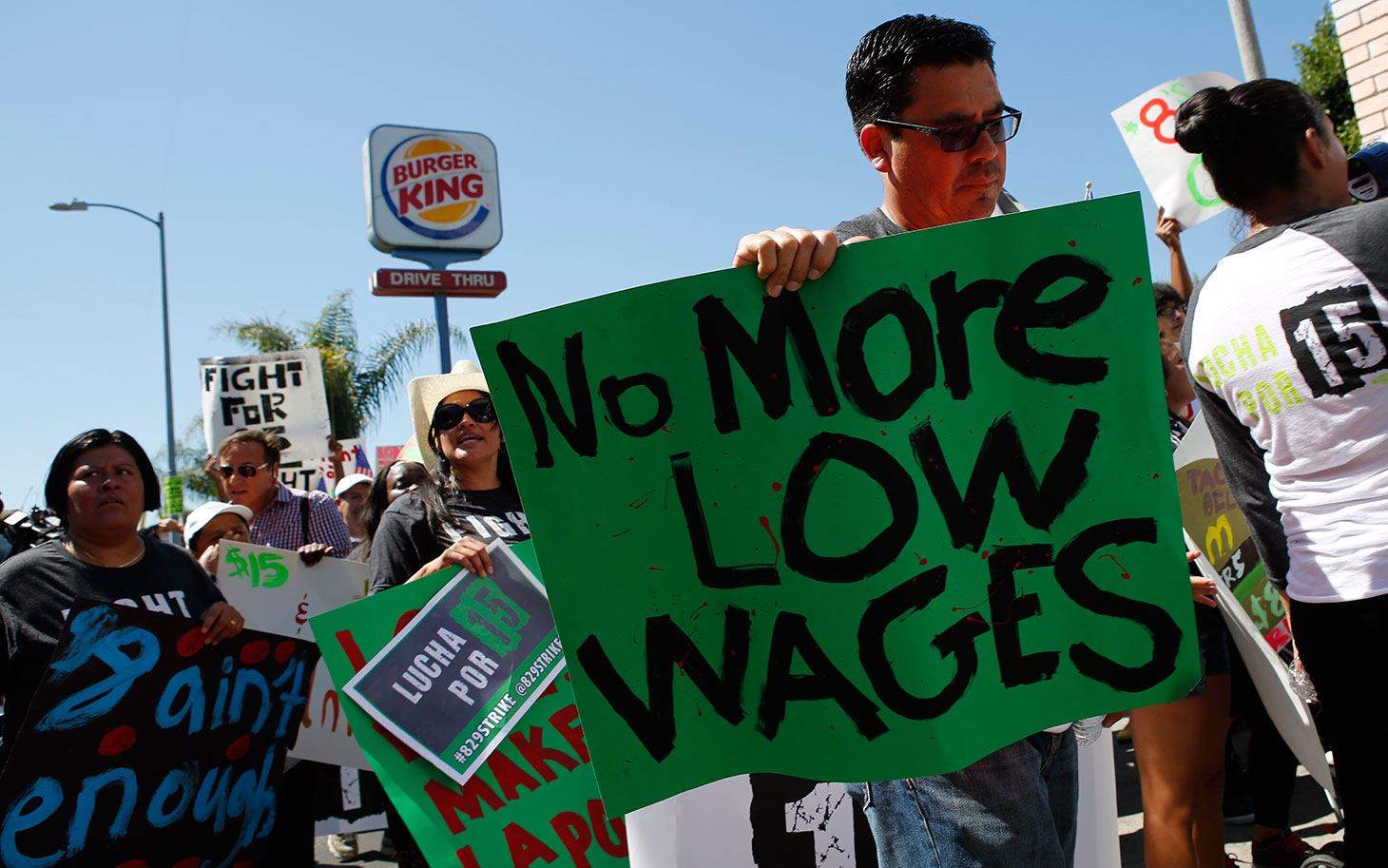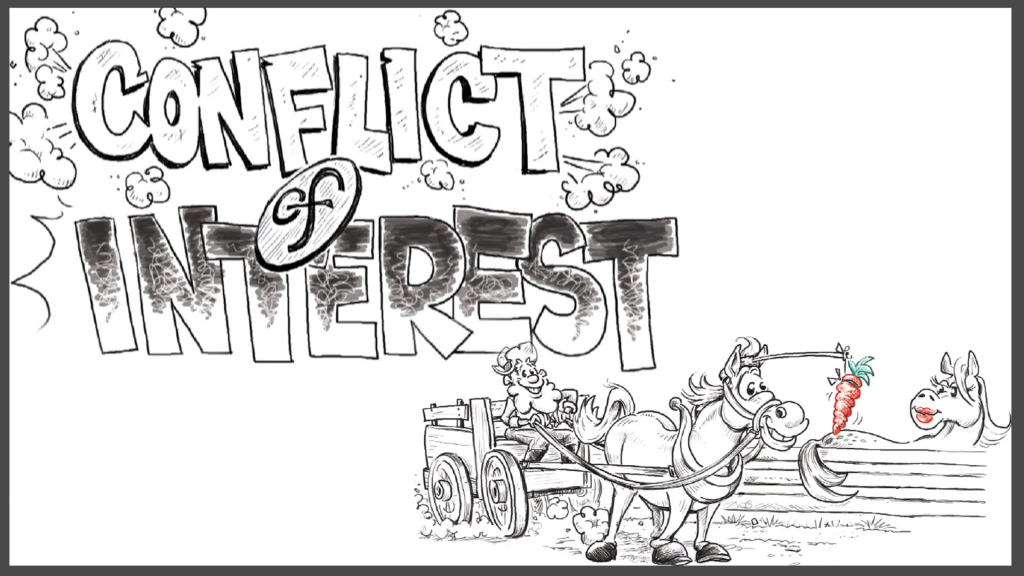 Even if the United Nations was fully funded, I believe that we cannot leave the enormous responsibility for one single organization to take care of. The UN is incapable of handling all the social issues that arise globally. Moreover, even if the UN had the power to handle every social issue that arises in different countries around the world, they would not be able to handle issues properly because people have different values and priorities depending on where they live due to cultural and social differences.
Even if the United Nations was fully funded, I believe that we cannot leave the enormous responsibility for one single organization to take care of. The UN is incapable of handling all the social issues that arise globally. Moreover, even if the UN had the power to handle every social issue that arises in different countries around the world, they would not be able to handle issues properly because people have different values and priorities depending on where they live due to cultural and social differences.
Let’s pretend that the UN can somehow manage the issues around the world just fine. What happens when UN becomes underfunded in the future, retreats from certain countries, or shift their focus to somewhere else they see are in greater need? The places that the UN leave behind would be devastates and the whole system would collapse. In my opinion, this is worst than the UN not being fully funded and wiping out all the Arc and social enterprises.
Even if the UN was fully funded, we still need the Arc and social enterprises because they can target area that the UN cannot: the local aspect of things. On the other hand, the UN can focus on the bigger picture, which Arc and social enterprises cannot.








